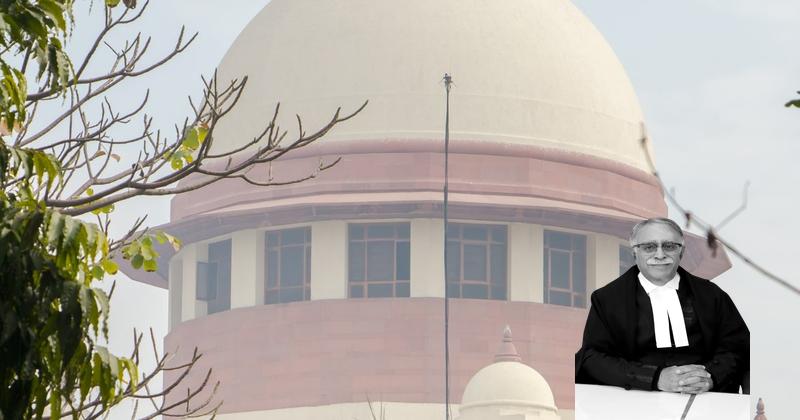The High Court’s recent decision to grant pre-arrest bail to a senior police officer accused of manipulating investigations has sparked debate on judicial oversight. The court’s legal analysis plays a critical role in understanding the implications of granting bail in such cases. Let’s delve into the details of the court’s decision and the significance of upholding the sanctity of investigations in the legal system.
Facts
- The High Court of Jharkhand granted pre-arrest bail to the respondent in relation to a case registered for various offenses under IPC sections and the Copyright Act.
- The respondent, who was the Officer-in-Charge of Dhanwar Police Station, was the Investigating Officer in a case against Ranjeet Kumar Saw.
- Allegations against the respondent included making interpolations in the FIR to change the name of the accused’s father and subsequently arresting the accused under the changed name.
- The anticipatory bail petition of the respondent was initially rejected by the Additional Sessions Judge, citing clear evidence of the respondent’s involvement in the offense through CCTV footage and visible interpolations in the FIR.
- Upon rejection, the respondent approached the High Court seeking anticipatory bail, which was eventually granted without reasons provided in the order.
Also Read: Conflict in Internal Organization of Police Force: Legal Analysis
Analysis
- The High Court should not have taken a liberal view in granting pre-arrest bail to the respondent, considering his position as a senior police officer.
- The possibility of the respondent tampering with witnesses and evidence was high, even though he was suspended from service and facing charges.
- Granting bail to a police officer accused of manipulating investigations to favor an accused would send a wrong signal in society.
- The nature of the offences and potential punishment must be considered in such cases.
- The alterations made by the respondent in the FIR, without initialing them, were noted by the Additional Sessions Judge.
- The High Court’s decision to grant bail lacked cogent reasoning and could not be sustained.
- Investigating Officers, like the respondent, have a fiduciary duty to ensure the sanctity of the investigation and rightful punishment of the guilty.
- Grant of bail is discretionary and should be exercised judiciously, not as a matter of course.
- The High Court made errors in passing the bail order dated 06.07.2022
- The errors were more than one
- The opinion is based on the analysis of the judgment
Also Read: Supreme Court Upholds Insurer Liability in Fake Driving Licence Case – An Analysis of INSC 954
Decision
- Regular bail application to be considered on its own merits, appropriate to that stage
- Consideration to be in accordance with law uninfluenced by previous observations
- Pending Interlocutory Applications (IAs) closed
- Order set aside, appeal allowed
Also Read: Dismissal of Earlier Petition Does Not Bar Subsequent Petition in Section 482 Cr.P.C.
Case Title: THE STATE OF JHARKHAND Vs. SANDEEP KUMAR (2024 INSC 179)
Case Number: Crl.A. No.-001409-001409 / 2024



